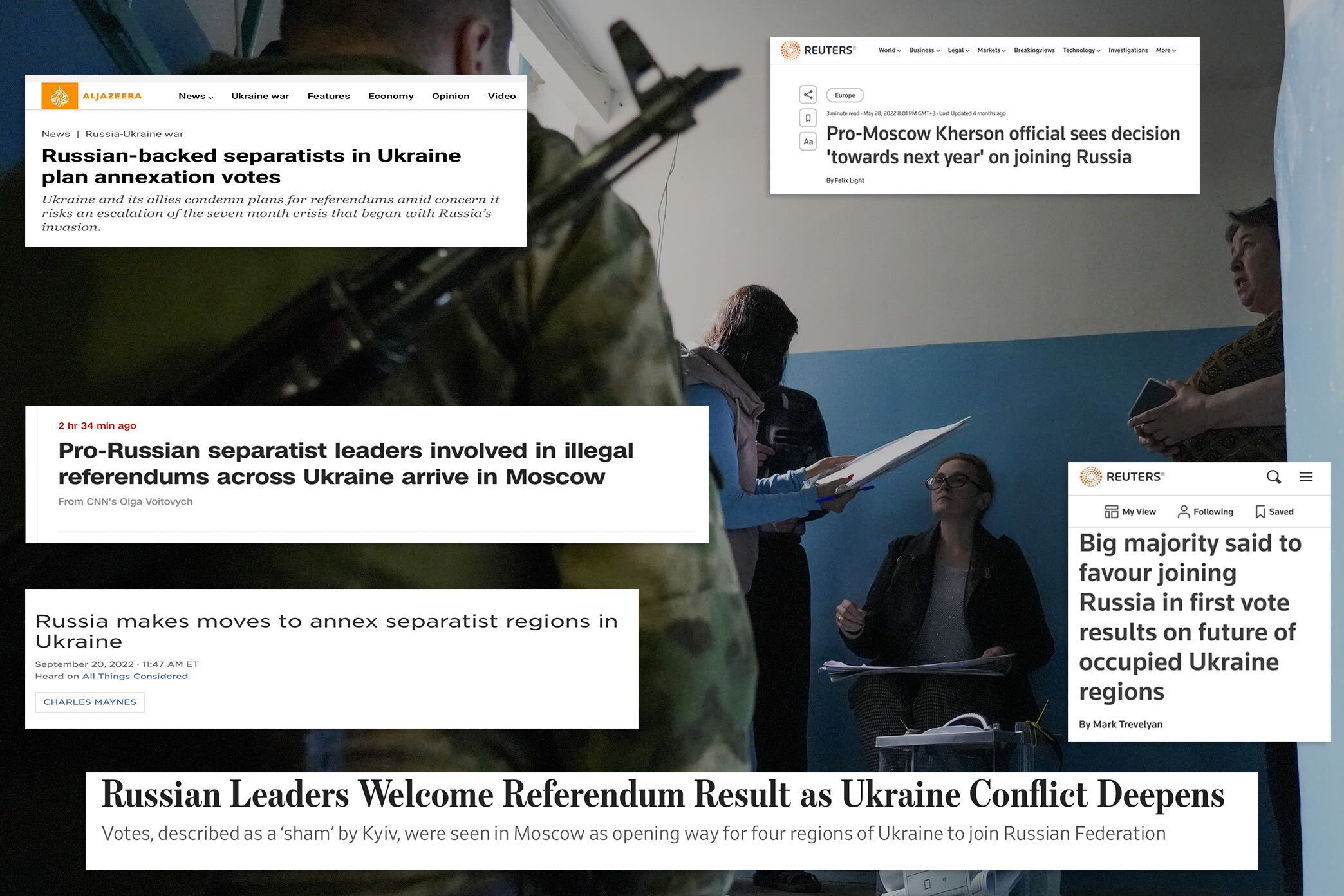Kremlin admits Russia 'de facto' at war, calls Ukraine 'occupying force'

In an unexpected admission, Kremlin spokesperson Dmitry Peskov said on March 22 that Russia is in a "state of war" in an interview with the Russian state-owned media outlet Arguments and Facts.
Peskov also said that Russia's main goal was to protect the people living in the Ukrainian territories illegally annexed by Russia, going on to characterize Ukraine as an "occupying force."
Peskov later clarified his words, saying that "de jure" it remained a "military operation," but "de facto" had become a war.
Russia refuses to refer to its war against Ukraine as a war, referring to it instead as a "special military operation" for propaganda purposes and to downplay its actions for both domestic and international audiences. Russia's choice of wording plays a key part in the framing of its full-scale war.
Under Russian law, it is forbidden to actually call it a war or an invasion, and violating these restrictions can lead to punishment, including a potential prison sentence.

Elaborating on his presentation of Russia's war goals, Peskov said that Russia "cannot allow the existence of a state on its borders" that seeks to "take away Crimea."
Crimea is internationally recognized as part of Ukraine. President Volodymyr Zelensky has repeatedly stated that Ukraine's ultimate goal is the liberation of all occupied areas of Ukrainian territory, including Crimea, and that any other result of the war would "not be victory."
Peskov's comments came on the same day that Russia launched a massive wave of attacks on critical energy infrastructure sites across Ukraine, killing at least five people and wounding 26.














